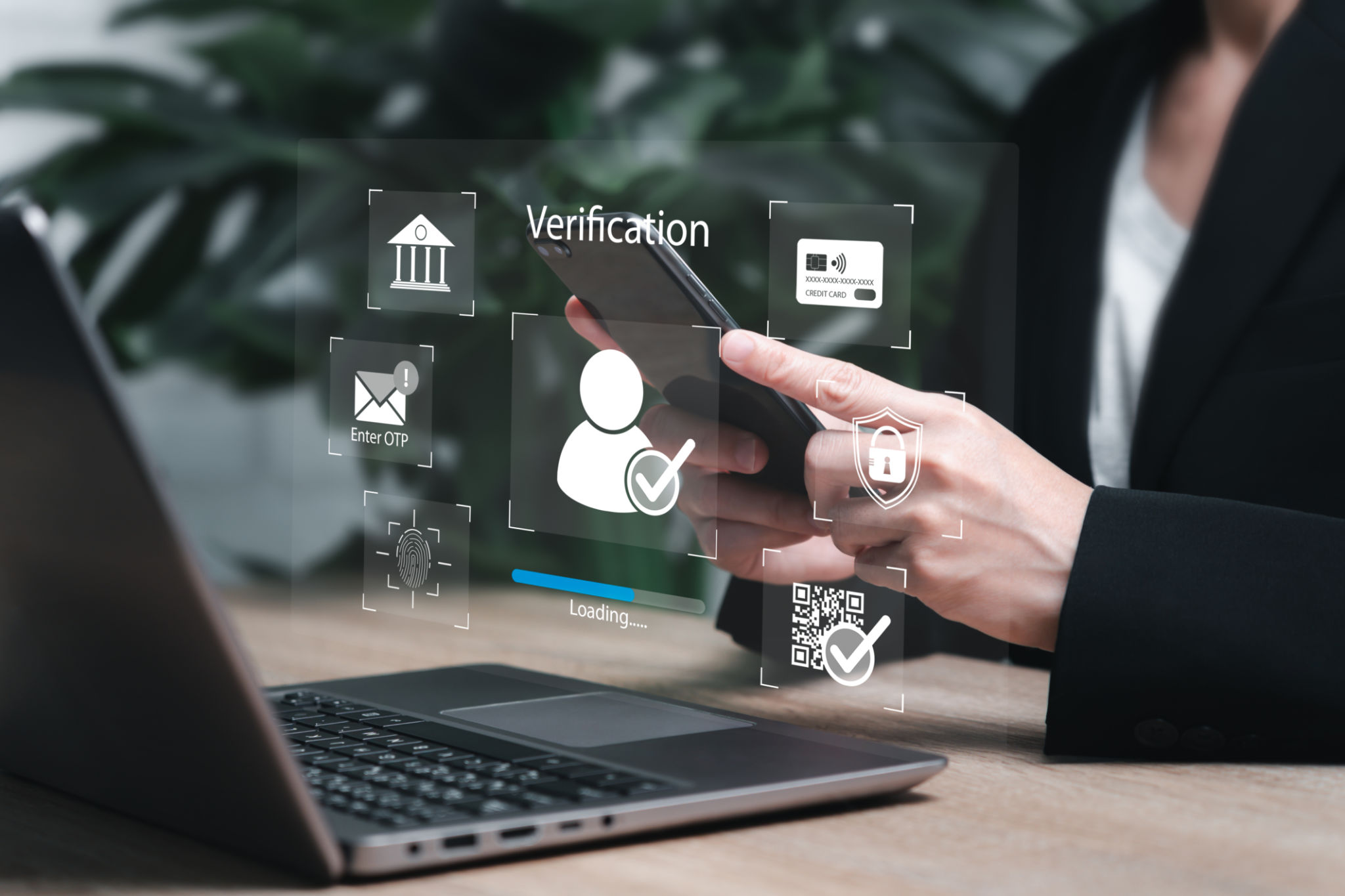Step-by-Step Guide to AML/KYC Documentation for Token Launches
Understanding AML/KYC Requirements
Launching a token can be an exciting venture, but it's crucial to ensure compliance with Anti-Money Laundering (AML) and Know Your Customer (KYC) regulations. These requirements are designed to prevent illegal activities such as money laundering and fraud. Understanding these regulations is the first step in preparing for a successful token launch.
AML involves a set of procedures, laws, and regulations designed to stop the practice of generating income through illegal actions. KYC, on the other hand, is a process of verifying the identity of your clients. Both are essential for maintaining transparency and trust in the financial ecosystem.

Preparing Your Documentation
Before you can launch your token, you'll need to prepare your AML/KYC documentation. This involves gathering all necessary documents and setting up processes to ensure compliance. It's important to work with legal experts who understand the intricacies of these requirements.
To get started, make sure you have a comprehensive list of required documents. This might include identification documents, proof of address, and any relevant business licenses. Ensuring that these documents are accurate and up-to-date is critical.
Identification Documents
Your first step should be collecting identification documents from all involved parties. This typically includes passports or government-issued IDs. The purpose is to verify the identities of everyone participating in the token launch.

Proof of Address
Next, you'll need to gather proof of address documentation. This can be utility bills, bank statements, or any official document that verifies the address of the participants. This helps in establishing the residency and legitimacy of the individuals involved.
Implementing KYC Processes
Once documentation is in place, it's time to implement your KYC processes. This involves setting up a system for verifying identities and monitoring transactions. Automated KYC solutions can streamline this process and ensure efficiency.
Consider using a third-party service provider that specializes in KYC compliance. These services can offer digital solutions that make it easier to collect, verify, and store customer data securely.

Ongoing Monitoring
KYC doesn't stop once the initial verification is complete. Ongoing monitoring is necessary to identify any suspicious activities after the launch. This involves regular audits and updates to your processes to stay compliant with evolving regulations.
The Importance of Compliance
The importance of AML/KYC compliance cannot be overstated. Non-compliance can lead to severe penalties, including fines and legal actions. Moreover, maintaining compliance builds trust with investors and customers, enhancing the credibility of your token.
By following this step-by-step guide, you'll be better prepared for your token launch while ensuring adherence to critical regulatory standards. Staying informed about changes in AML/KYC regulations is also vital for long-term success.
